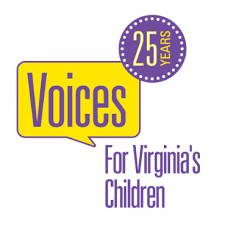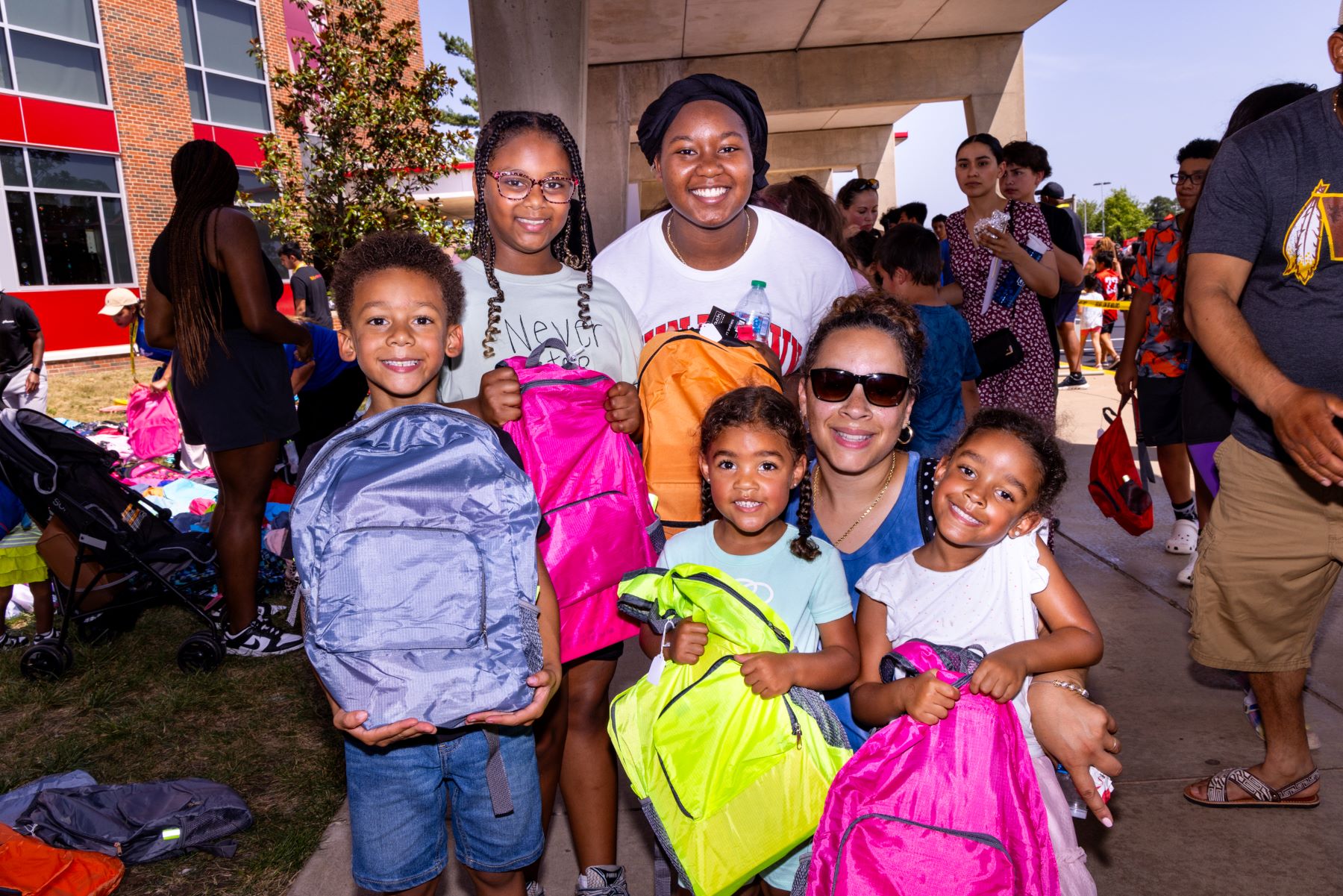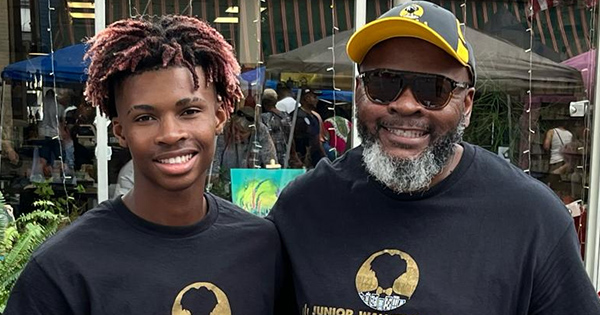Voices for Virginia’s Children Addresses Racism in Foster Care
Since their establishment in 1994, Voices for Virginia’s Children has become a statewide multi-issue children’s policy research and advocacy organization. Among their advocacy efforts are: improving child welfare, prioritizing children’s mental health, and overall to champion public policies that ensures a better life for children of the Commonwealth. Recently they addressed another serious issue that is not often discussed: racism within the foster care system.
Allison Gilbreath of VVC has led a discussion on how to address this situation, and recently held a forum on what the Commonwealth can do to help ensure that changes are made to the system. Joining her in the conversation was Fallon Speaker of the University of Richmond Family Law Clinic, and Valerie L’Herrou of the Virginia Poverty Law Center. Speaker began the discussion by talking about how the foster care system affects black and brown communities, eerily similar to the days of slavery.
“[It] goes back to the days of child slavery. The separation of black and brown children began during the period. It’s the time in which black and brown mothers and fathers were not allowed to have control over their children. They weren’t allowed the fundamental rights to parent their children as were white parents or wealthy parents…and they had to watch their children be stripped from them, oftentimes by slave auctioneers. You can liken that to the same sort of CPS reforms used to remove children today from parents against their will.”
She continues on. “One of the major things we saw rise over time was how the country and the state decided to parent black and brown parents and low income parents in terms of how they were raising their children. This was in terms of what schools they could send their children to, what programs they qualified for for housing, programs they qualified for for medical, education, the communities that they could live in.”
Speaker goes on to address how the change in welfare throughout the years had an adverse affect. “When we moved into the 60s, the 70s, the 80s, we saw an increase in the sort of welfare era social work…and in that era of social work, what we saw was that the state provided benefits to black and brown communities and low income communities, but use those benefits as tools to survey those families. In essence, saying you know, ‘if you want to receive benefits, you’re going to have to comply with the program and the restrictions that we place on you and your family. This opened the door for many of these welfare institutions to come into these communities and create a large system of surveillance.”
“That history has sort of stayed with us as a nation, in terms of how we treat poor people and black and brown people in general.”
L’Herrou addressed how a lot of foster children in black and brown communities become aged out, as black children in foster care make approximately 30% of children in child welfare. For those who are getting adopted but are in abusive homes, the system does not provide a clear path for those children to go to new families.
“Look at what kind of help is offered. In instances of domestic/family violence, a lot of time a lot of pressure or speculation is held against the parent who is not committing the violence. And those instances where we hold people to a special standard where we’re requiring families to live and act a certain way in order to receive help.”
Gilbreath talks about the double standard of black and brown parents who suffer from substance abuse are treated differently from their white counterparts.
“One of the reasons we’re talking about racism in the foster care system is because we’re talking about how different populations of people based on race are treated differently for the same issues. We know that there are a lot of white families who have parental substance abuse disorder whose children aren’t removed from the home. The difference is how we respond often to Black and brown families who are dealing with the same exact issues.”
So what can be done to address these issues?
Speaker starts with dealing with the racist structure first. “Taking action items to go against the racist structures that are in place currently. We have to actively seek and dismantle policies and critique yourself and those around you. It has to be an active consistent occurrence to dismantle the system,” she stated. “The disproportionate targeting and surveillance of the child welfare system against black and brown communities needs to be rebuilt.” Also, she continues, “families need resources and to be understood NOT seen as a thing to be fixed or reformed. Understanding cultural differences and allowing that family to function in their own way as long as it is safe. We must reimagine what community support looks like for families and We need the voices of families to be heard. What does a good family look like to these communities?”
L’Herrou states that there must be a system that will help families as well. “We have little pieces like SNAP and housing vouchers. We need to break down our economic structure and how it fails families in poverty. Universal basic income – here’s how much money a family needs to meet basic needs (house, food). Evidence shows that universal basic income has worked because it’s not little pieces like SNAP and a housing voucher.”
Gilbreath concludes with the steps starting with those willing to take a stand. “We can’t continue to put band-aids on issues that are so much deeper than the little wounds that we are seeing. And I think that that is going to take a little bit more courage from all of us.”
Tomorrow, the Voices for Virginia’s Children will be hosting a Care For Kids Virtual Rally. For more information about Voices for Virginia’s Children, please visit their link.



